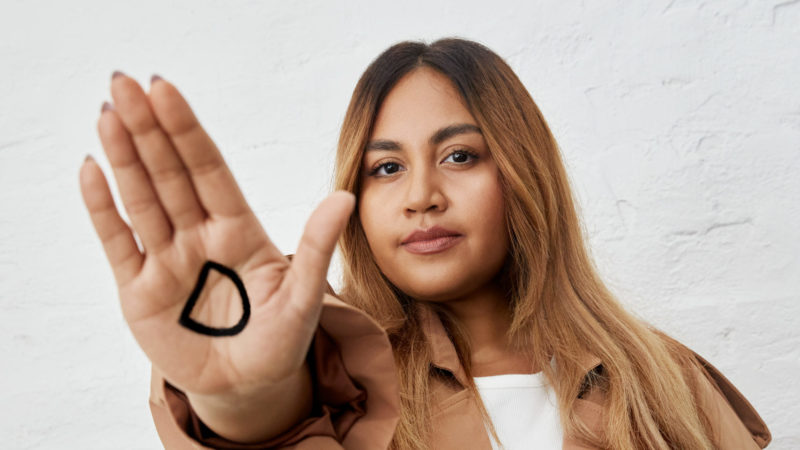L’Oréal Paris launches Stand Up Against Street Harassment campaign
L’Oréal Paris has partnered with artists to launch the nationwide Stand Up Against Street Harassment campaign and intervention program.

The announcement:
"*" indicates required fields
Sign up to our free daily update to get the latest in media and marketing.
